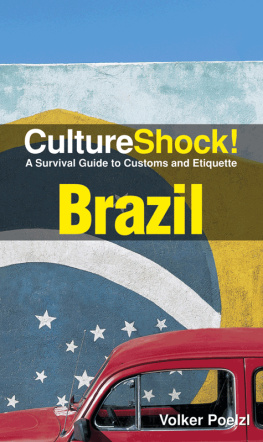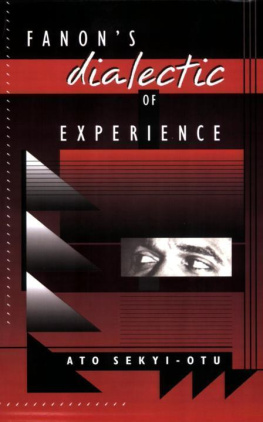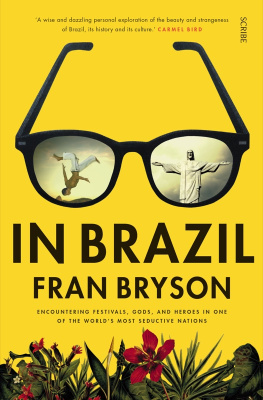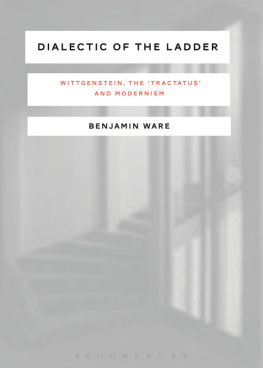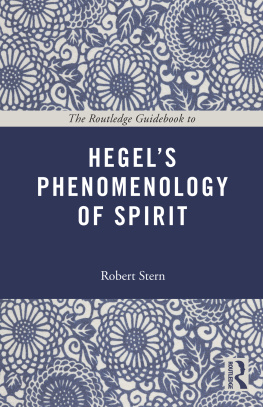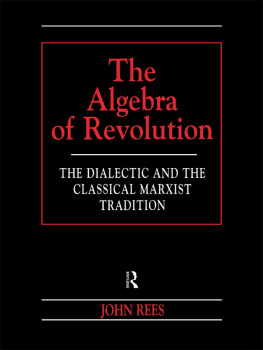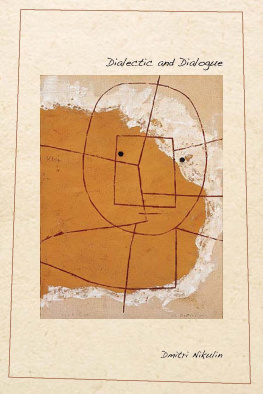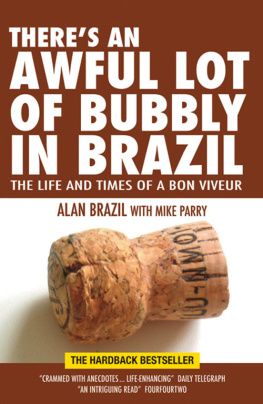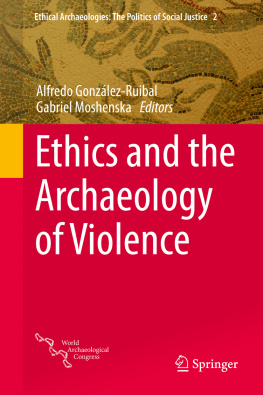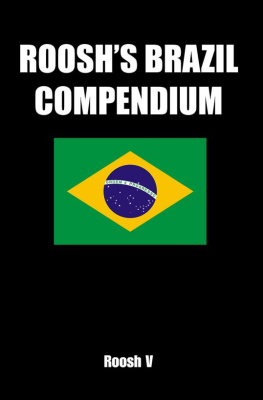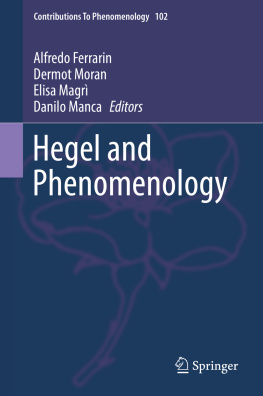Brazil and the Dialectic of Colonization
ALFREDO BOSI
Translated by Robert Patrick Newcomb
University of Illinois Press
URBANA, CHICAGO, AND SPRINGFIELD
Published in cooperation with the Lemann
Institute for Brazilian Studies, University of
Illinois at Urbana-Champaign
Funds for the publication of this translation
were provided by the Lemann Institute and
by the Ministrio da Cultura do Brasil /
Fundao Biblioteca Nacional of Brazil
Obra publicada com o apoio do
Ministrio da Cultura do Brasil /
Fundao Biblioteca Nacional
1992, Alfredo Bosi
Published in Brazil by Editora Companhia
das Letras, So Paulo
Translation 2015 by the Board of Trustees
of the University of Illinois
All rights reserved
Manufactured in the United States of America
1 2 3 4 5 C P 5 4 3 2 1

This book is printed on acid-free paper.
Library of Congress Control Number: 2015944265
ISBN 978-0-252-03930-0 (hardcover)
ISBN 978-0-252-08084-5 (paperback)
ISBN 978-0-252-09735-5 (e-book)
For
Celso Furtado
Jacob Gorender
Pedro Casaldliga
thought made action
Acknowledgments
This book was written at different moments in time. Its point of departure is found in the courses on Brazilian literature I have taught at the University of So Paulo since 1970. Certain passages in the book were published previously and appear here after light or substantial revisions. The greater part of the text, however, has not been previously published. I would like to thank the Guggenheim Foundation, which in 1986 awarded me a grant that allowed me to conduct archival research in Rome and Lisbon. I am especially grateful to the following friends, who helped me access out-of-print or otherwise rare books: Helena Hirata, Jaime Ginzburg, Jos Sebastio Witter, Marcus Vinicius Mazzari, Almuth Grsillon, Sandra Teixeira Vasconcelos, and Eduardo Portella. I received thoughtful guidance in my research on visual culture from Maureen Bisilliat, Ruy Gama, Olivier Toni, Cladio Veiga, Father Pedro Amrico Maia, Aloysio de Oliveira Ribeiro, Emanoel Arajo, and Srgio da Costa Franco. I benefited from the advice of the distinguished Latinist Ariovaldo Augusto Peterlini. I thank Dora and Jos Paulo Paes for their gift of a pair of lucky reading glasses; Viviana, for reading the initial drafts of this book; Hermnia Guedes Bernardi, for the dedication with which she prepared the original manuscript; and finally, Ecla, for the unfailing generosity, the puro orvaldo da alma (pure dew from the soul), which she demonstrated throughout the process of writing this book.
A. B.
Author's Note to the North American Edition
In writing Colony, Cult, and Culture as the introduction to Dialtica da colonizao, the challenge I faced consisted in creating a space of convergence that would bring together some of the conceptual planes that are fundamental to the process of colonization. In this search for a common denominator capable of including the diversity of historical elements involved in this process without reducing them to the unity of an abstract term, I was aided by the very etymology of the words colony and colonization.
As the reader will perceive in the opening pages of the essay, both words have as their root the Latin verb colo, from which the terms colony, cult, and culture all derive. These are not mere lexical coincidences but actual historical dimensions that interact with one another throughout the colonial period and that may be recognized even today in postcolonial societies. The general idea that underlies these three dimensions is that of laborphysical, moral, and intellectual.
The colonizer is he who takes control of a foreign land and by means of force, technique, and skill, conquers it, exploits it, cultivates it, and dominates it politically; in sum, he exercises all the powers brought together in the verb colo, whose deverbal noun form is colony. In the interest of an accurate understanding of this process, economics and other social sciences may be called upon to research the material conditions that governed colonization. This has already been successfully accomplished by some of our best historians, among them Capistrano de Abreu, Caio Prado Jr., Celso Furtado, Raymundo Faoro, and Jacob Gorender. I used their work in my own as an indispensable reference for any study of our economic and political formation.
Of course, there can be no colonizing agent without a past or without memory. Conquerors did not spring forth from an atemporal zero-degree point. They brought with them in their caravels beliefs that conditioned their attitudes toward the native populations they came to dominate, when they did not destroy them altogether. Together with the sword and the blunderbuss came the cross and the Bible. The Iberian, English, and French colonies were populated by men who practiced either a popular and still medieval Catholicism or its counter-reformist version, or a puritanical Protestantism in revolt against Anglican hegemony. Monotheism brought them together as Christians opposed to indigenous paganism, though they were divided into active or passive contemporaries of the Inquisition, the Reformation, or the Counter-Reformation, and by the religious wars fought during the sixteenth and seventeenth centuries. How can one understand Jos de Anchieta's Latin and Tupi plays or the sermons of Father Antnio Vieira (both missionaries and Jesuit writers whom I studied in individual chapters of Brazilian Culture: A Dialectic of Colonization) without examining in depth the peculiar quality of the medieval and later Baroque Catholic cult? How can one arbitrarily separate the missionary spirit from the project of colonization? How is it possible to separate colony-as-cultivation from colony-as-cult? How can their spaces of convergence and divergence be detected?
A parallel question may be directed to scholars of Anglo-Saxon colonization in the United States: how can this process be understood without exploring the religious and moral lives of the Puritans who established themselves there in the seventeenth and eighteenth centuries? In the Old as in the New World, and particularly during this periodprior to the Industrial Revolution and full-blown bourgeois hegemonythe relations between economic structures and religious ideas and practices were so interconnected that they can only be separated in the context of specialized (and, in truth, one-sided) academic studies.
The third dimension of the colonization process entails the development of a secular culture, heralded from the Renaissance forward and polemically advanced beginning in the Enlightenment. The word culture derives from the future participle of the verb colo and points toward the notion of a projectwhat must be cultivated, what must be builtthat is, a set of virtual ideas and values that are a given in the minds and the wills of a certain social and intellectual group. This dimension became a fundamental component of the process of independence led by the New World's propertied classes and lettered elites, a component that shaped the model of political rupture with the colonizing metropolis. Liberal European culture was the ideological cement that bound together the emancipatory battles that broke out in all of Latin America during the first quarter of the nineteenth century. Later, with the republic proclaimed, positivist principles would inspire a politics of order and progress, which the leaders of the Revolution of 1930 in Brazil went on to translate into the forms of centralized government and state-led industrialization.



 This book is printed on acid-free paper.
This book is printed on acid-free paper.
